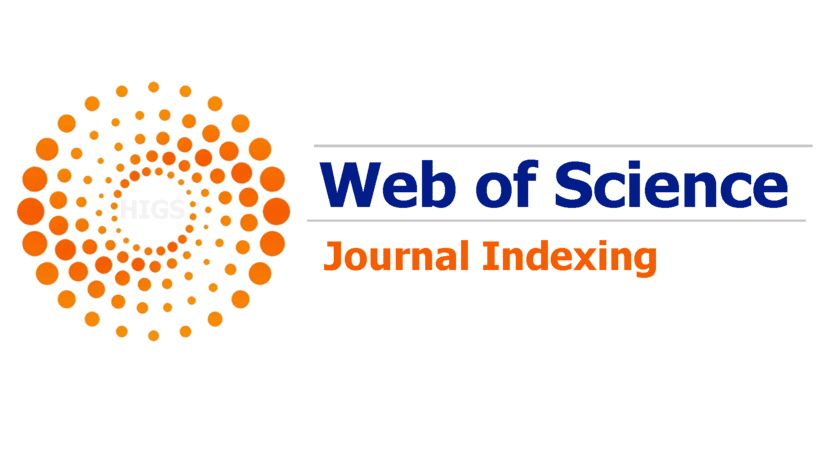The use of water by aquaculture : strategies and tools for management implementation
Keywords:
aquaculture, water, hydrological resource, environmental managementAbstract
This study analyzed conceptually the question of water use by aquaculture based on the assumption of environmental management models directed to this activity and to the in force legal structure. Specifically, some strategies and tools referring to the policy of use and consumption of water, handling techniques, participative management and legislation aiming the maintenance the quality and quantity of water available to the society were analyzed. The existence of semantic and technical divergences, inner and outer to the productive sector, that indicate strain about the subject of aquaculture consumptivity, was verified. Consequently, the codification of rules focusing the water use, that has been enlarged in its legal and thematic repertoire, also must to comprise multi-dimensional and participative characteristics aiming the optimization of the legal enforcement and the rational and careful use of this resource, including its quality, quantity and functional maintenance.
References
AZEVEDO, L.G.T. de; BALTAR, A.M; FREITAS, P. 2000 A experiência Internacional. In: THAME, A.C.M. A Cobrança pelo Uso da Água. São Paulo: Instituto de Qualificação e Editoração LTDA. p.19-27.
BARTH, F.T. 2000 A Cobrança como Suporte Financeiro í Política Estadual de Recursos Hídricos. In: THAME, A.C.M. A Cobrança pelo Uso da Água. São Paulo: Instituto de Qualificação e Editoração LTDA.
p.135-152.
BUCHANAM, J.M. 1991 The Economics and the Ethics of Constitutional Order. Ann Arbor: University of Michigam Press. 272p
CHRISTOFIDIS, D. 2002 Considerações sobre conflitos e uso sustentável em recursos hídricos. In: THEODORO, S.H. (org.) Conflitos e Uso sustentável dos Recursos Naturais. Rio de Janeiro: Ed.Garamond. 336p.
LEFF, E. 2000 Complexidade, Interdisciplinaridade e Saber Ambiental. In: PHILIPPI Jr., A.; TUCCI, C.E.M.; HOGAN, D.J.; NAVEGANTES, R. Interdisciplinariedade em Ciências Ambientais.São Paulo: Signus Editora. p.19-51.
ONU (Organização das Nações Unidas) 1993 Agenda 21 (resumo em português). São Paulo: São Paulo (Estado)/Secretaria do Meio Ambiente. 46p.
PHILIPPI Jr., A. 2000 A Interdisciplinariedade como Atributo da C & T. In: PHILIPPI Jr., A.; TUCCI, C.E.M.; HOGAN, D.J.; NAVEGANTES, R. Interdisciplinariedade em Ciências Ambientais. São Paulo: Signus Editora. p.3-15.
PHILLIPS, M.J.; BEVERIDGE, M.C.M.; CLARK, R.M. 1991 Impact of Aquaculture on Water Resources. In: BRUNE, D.E. e TOMASSO, J.R. (Editors). Aquaculture and Water Quality. Baton Rouge: The World Aquaculture Society. p.568-591.
SILVA, D.J. da 2000 O Paradigma Transdisciplinar: Uma Perspectiva Metodológica para a Pesquisa Ambiental. In: PHILIPPI Jr., A.; TUCCI, C.E.M.; HOGAN, D.J.; NAVEGANTES, R. Interdisciplinaridade em Ciências Ambientais. São Paulo:Signus Editora. p 71-94.
TIAGO, G.G. 2002 Aqüicultura, Meio Ambiente e Legislação. São Paulo: Editora Annablume. 162p.
TELLES, D.A. 2002 Água na Agricultura e Pecuária. In: REBOUí"¡AS, A. da C.; BRAGA, B.; TUNDISI,J.G. (Orgs.). Águas Doces no Brasil: Capital Ecológico, Uso e Conservação. São Paulo: Escrituras Ed. e Distr.de Livros Ltda. p.305-337.
TUCCI, C.E.M. 2000 Desafios em Recursos Hídricos. In: PHILIPPI Jr., A.; TUCCI, C.E.M.; HOGAN, D.J.; NAVEGANTES, R. Interdisciplinariedade em Ciências Ambientais.São Paulo: Signus Editora. p.254-265.
WELLCOME, L.B. 1996 Aquaculture and World Aquatic Resources. In: BAIRD, J.D.;BEVERIDGE, M.C.M.; KELLY, L.A.; MUIR, J.F. (Editors). Aquaculture and Water Resource Management. London: Blackwell Science Ltd.p.1-18.










